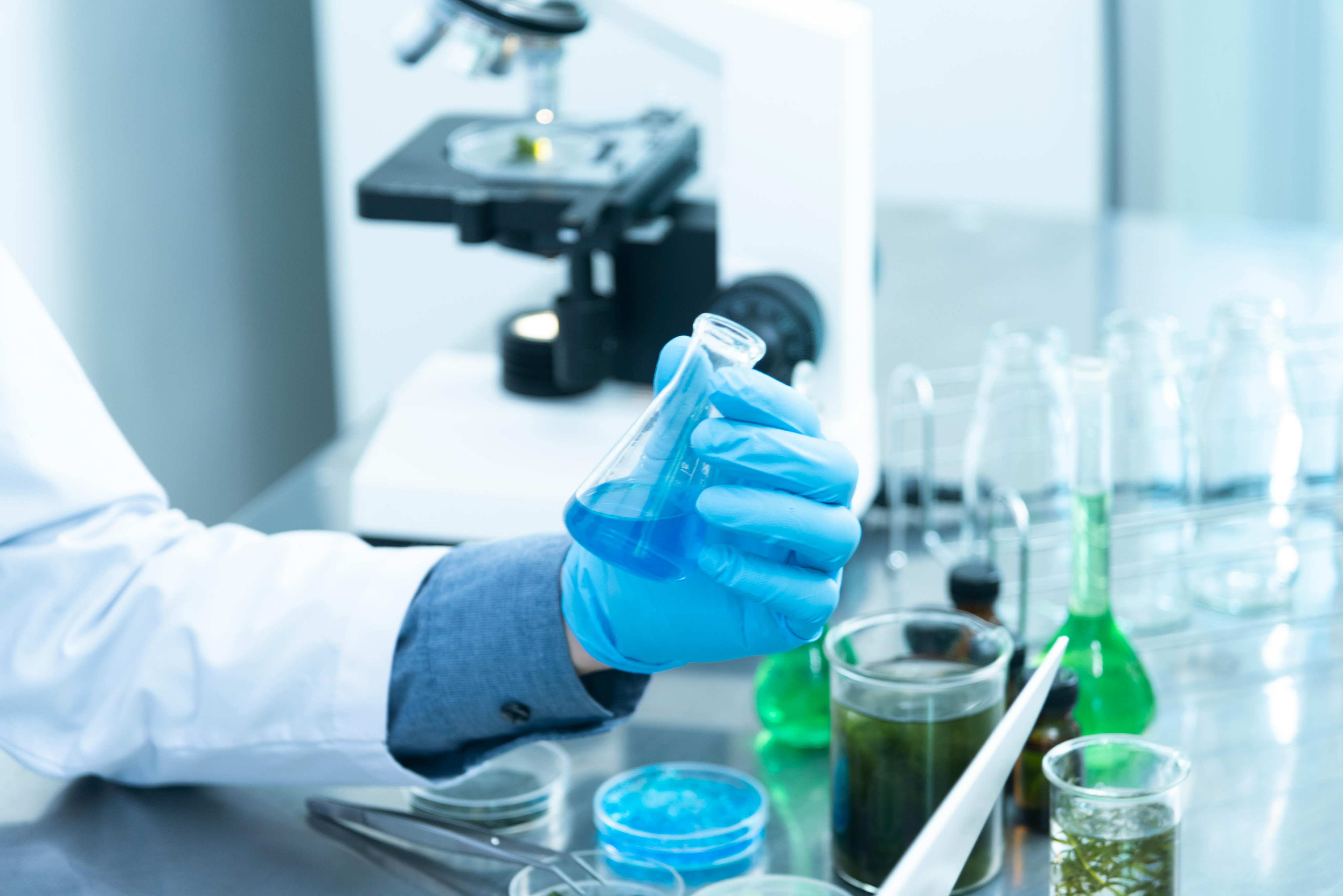
|KL18| Bendroji organizmo ištyrimo programa
 Galite perleisti ar padovanoti kaip dovaną.
Galite perleisti ar padovanoti kaip dovaną.
 Internetiniai užsakymai galioja net 3 mėn. nuo įsigijimo datos.
Internetiniai užsakymai galioja net 3 mėn. nuo įsigijimo datos.
Internetinių užsakymų galiojimo laikas: 3 mėn. nuo įsigijimo datos.
Tyrimų palyginimas
| Hematologiniai ir klinikiniai tyrimai | Bendrasis organizmo ištyrimo programa | Platus bendro organizmo ištyrimo programa |
| BKT | Bendras kraujo tyrimas |
| Šlapimo ir išmatų tyrimai | Bendrasis organizmo ištyrimo programa | Platus bendro organizmo ištyrimo programa |
| BŠT | Bendras šlapimo tyrimas |
| Kepenų fermentų tyrimai | Bendrasis organizmo ištyrimo programa | Platus bendro organizmo ištyrimo programa |
| AST | Asparagininė aminotransferazė | ||
| ALT | Alanininė aminotransferazė | ||
| GGT | Gama gliutamiltransferazė | ||
| ALP | Šarminė fosfatazė | ||
| BIL-T | Bendras bilirubinas |
| Inkstų funkcijos rodiklių tyrimai | Bendrasis organizmo ištyrimo programa | Platus bendro organizmo ištyrimo programa |
| Urea | Šlapalas | ||
| CREA | Kreatininas | ||
| UA | Šlapimo rūgštis |
| Gliukozės tyrimai | Bendrasis organizmo ištyrimo programa | Platus bendro organizmo ištyrimo programa |
| Gliukozės koncentracijos plazmoje nustatymas |
| Mikroelementų tyrimai | Bendrasis organizmo ištyrimo programa | Platus bendro organizmo ištyrimo programa |
| K | Kalis | ||
| Na | Natris | ||
| Fe | Geležis | ||
| Mg | Magnis | ||
| Ca ++ | Jonizuotas kalcis |
| Širdies ir kraujagyslių tyrimai | Bendrasis organizmo ištyrimo programa | Platus bendro organizmo ištyrimo programa |
| CHOL | Cholesterolis | ||
| Lipidograma |
| Kasos funkcijos tyrimai | Bendrasis organizmo ištyrimo programa | Platus bendro organizmo ištyrimo programa |
| P-AMYL | Pankreatinė amilazė |
| Skydliaukės hormonų tyrimai | Bendrasis organizmo ištyrimo programa | Platus bendro organizmo ištyrimo programa |
| TTH (TSH) | Tirotropinis hormonas | ||
Aprašymas
Bendrosios organizmo sveikatos ištyrimo kraujo ištyrimo programos yra skirtos gauti išsamų įvertinimą apie paciento sveikatos būklę. Šie tyrimai padeda nustatyti įvairias sveikatos problemas anksčiau, nei jos tampa akivaizdžios arba sunkiai gydomos, ir leidžia stebėti esamų ligų eigą bei gydymo efektyvumą.

Kam verta ir naudinga atlikti šiuos tyrimus?
Bendrasis organizmo sveikatos ištyrimas yra naudingas:
- Visiems, norintiems proaktyviai prižiūrėti savo sveikatą.
- Asmenims, sergantiems lėtinėmis ligomis, norint stebėti ligos eigą ir gydymo poveikį.
- Vyresnio amžiaus žmonėms, siekiant anksti nustatyti su amžiumi susijusias sveikatos problemas.
- Asmenims, patiriantiems sveikatos pokyčius, pvz., nuovargį, svorio kaitą, neaiškias skausmo ar diskomforto jausmas.
- Asmenims, keičiantiems gyvenimo būdą ar mitybą, norint įsitikinti, kad jų kūnas gauna reikiamas maistines medžiagas.

Kada rekomenduojama atlikti šiuos tyrimus?
Bendrosios organizmo sveikatos tyrimai rekomenduojami:
- Kasmetinių sveikatos patikrinimų metu kaip dalis reguliarios sveikatos priežiūros.
- Atsiradus naujiems simptomams ar sveikatos problemoms.
- Vykstant intensyviam gydymui ar po jo, kad būtų galima stebėti jo efektyvumą ir organizmo reakciją.
- Planuojant didelius pokyčius gyvenimo būde, ypač susijusius su fizine veikla ar mityba.

Ką pacientas gali sužinoti atlikęs šiuos tyrimus?
Atlikus bendrosios organizmo sveikatos kraujo tyrimus, pacientas gali sužinoti:
- Pagrindinių elektrolitų, tokių kaip natris ir kalis, lygius, kurie yra svarbūs normaliam širdies, raumenų ir nervų funkcijų veikimui.
- Kepenų, inkstų ir kasos funkcijų būklę, įvertinant tokius rodiklius kaip AST, ALT, ALP, CREA, ir kt.
- Skydliaukės funkciją, nustatant TSH lygį, kuris gali rodyti hipotirozės ar hipertirozės būklę.
- Metabolizmo būklę, įskaitant cholesterolio ir gliukozės lygius, kurie yra svarbūs širdies sveikatai ir diabeto prevencijai.
- Bendrą kraujotakos sistemą ir kraujo sudėtį, įskaitant hemoglobino, eritrocitų ir leukocitų lygius.
- Mineralų, tokių kaip geležis ir kalcis, lygius, kurie yra būtini sveikam kaulų augimui ir kraujodarai.
Šie tyrimai suteikia gyvybiškai svarbią informaciją apie įvairias kūno sistemas, leidžiančią pacientui ir jo gydytojui priimti informuotus sveikatos priežiūros sprendimus, geriau suprasti organizmo poreikius ir užkirsti kelią sveikatos problemoms.
Lorem ipsum dolor sit amet, consectetur adipiscing elit. Aenean euismod bibendum laoreet. Proin gravida dolor sit amet lacus accumsan et viverra justo commodo. Proin sodales pulvinar sic tempor. Sociis natoque penatibus et magnis dis parturient montes, nascetur ridiculus mus. Nam fermentum, nulla luctus pharetra vulputate, felis tellus mollis orci, sed rhoncus pronin sapien nunc accuan eget.
Lorem ipsum dolor sit amet, consectetur adipiscing elit. Aenean euismod bibendum laoreet. Proin gravida dolor sit amet lacus accumsan et viverra justo commodo. Proin sodales pulvinar sic tempor. Sociis natoque penatibus et magnis dis parturient montes, nascetur ridiculus mus. Nam fermentum, nulla luctus pharetra vulputate, felis tellus mollis orci, sed rhoncus pronin sapien nunc accuan eget.

